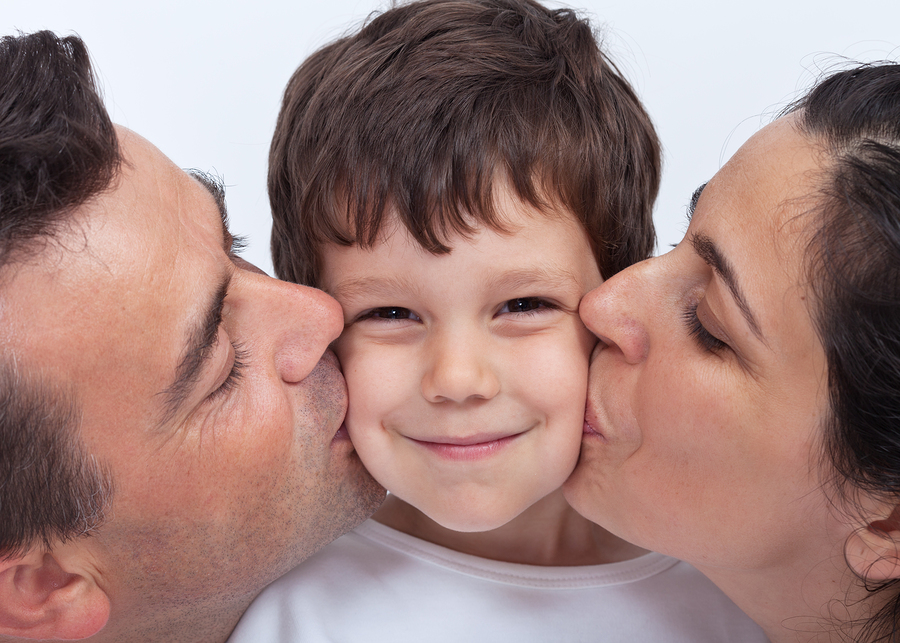
Getting a divorce is one of the most difficult things adults have to deal with in their lives. However, if you’re like most parents, the last thing you would ever want is to feel like the end of your marriage is having a negative impact on your child’s wellbeing.
That’s where responsible co-parenting, sometimes referred to as equal parenting, can come in. When it comes to co-parenting, both responsible adults will share time with the child and in many cases, the child will spend time in both homes.
While co-parenting is generally considered better for a child’s overall wellbeing when both parents are stable and healthy on their own, it does come with some unique challenges. Use this guide to help co-parent the right way after a divorce.
Make Schedules
One of the most difficult parts of setting up a co-parenting system is making the schedules. After all, most adults have a very busy schedule and what was once easy for two people in the same household can become very difficult for only one person.
However, it is essential that you aim to give your child some stability when it comes to their schedule, especially if your child will be spending nights in both households. Going back and forth from home to home every few days can be traumatic for many kids and lead to them feeling like they don’t really have a home at all, and like they’re always getting lost in the shuffle.
Whenever possible, try to make schedules with your ex for at least a month and stick with them. If neither of you travel for work nor have many obligations outside of work, creating a schedule you can stick with year round can be very beneficial for your children.
Set Ground Rules
Having a basic set of ground rules for both parents when you’re involved in co-parenting is important, both for the parents and the child. For the most part, ground rules you’ll want to establish are simple ones – things like not changing the schedule less than a week in advance unless there’s an emergency.
Other ground rules may be important though, depending on your situation. In some cases, rules that the child should abide by in both homes should be set in advance.
Talk about any ground rules that you want to set up when you’re creating your first schedule with your ex. You can always make changes to the ground rules later on if you find they don’t work out for both parties.
Meet or Talk Consistently with Your Ex
You may not want to see your ex a whole lot after your divorce is finalized and you’re living in separate locations. That only makes sense, especially if the divorce wasn’t particularly pleasant.
If you want to properly parent your child though, you’re still going to need to see or talk to them once in a while to discuss schedules and anything that’s going right or wrong in your child’s life.
When you’re involved in equal parenting with your ex, you simply can’t close the lines of communication. What you can do though is make sure both parties know that you’re only there to talk about the kids – not about your past relationship, resentments or any other feelings you may have.
Keep conversations kid focused when you meet. If you can’t meet face to face, schedule a regular phone call or use a program like Skype or FaceTime to communicate effectively about your children.
Stay Calm
When co-parenting a child, it can be easy to run into conflicts with your ex, especially if you have slightly different value systems and ideas about raising your kids. However, it is absolutely essential that you stay calm when talking to your ex about the child, even if you feel they are completely in the wrong or totally out of their mind.
If you don’t, you could face some severe penalties and you could just be putting yourself into a situation where it will become difficult to see your child. Co-parenting conflicts can result in one parent seeking greater custody rights. That’s not something you want and it isn’t good for the kids.
Be Kid-Friendly
When you spend time with your kids it should be all about them. That means that when you pick up your kids from your ex’s home, you don’t want to linger and talk about the schedule or what may be going wrong. Even if you don’t mean for it to, your child is going to think they did something wrong and they are the reason you’re talking. Your child will also feel like they’re just getting in the way because they’re causing problems for both mom and dad.
Vent Elsewhere
A big part of making sure your children don’t have to deal with your divorce and your feelings is a simple thing, but one that many parents fail at right after a divorce. Don’t talk to your kids about the divorce or any negative feelings you may have about your ex. You don’t want to put down their parent in front of them, even if you feel like they deserve it. In the end, it will only damage your kids and make them think negative things about both of you.
Cooperative equal parenting is ideal for your children and it gives both parents plenty of time to spend with the kids. However, when disputes come up, it’s important not to take matters into your own hands. Contact an attorney that can help you resolve those conflicts and retain your parental rights.



